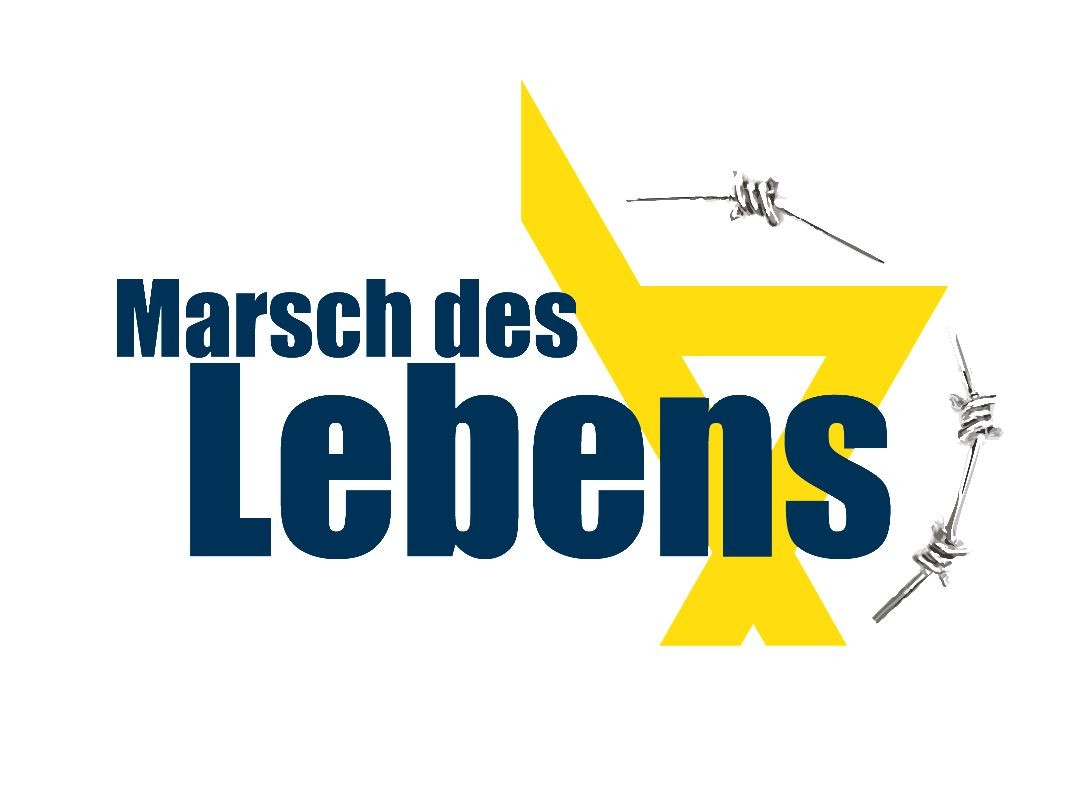A Journey of Reconciliation with Italy
For many Germans, Italy is the number one vacation dream destination: pleasant climate, beautiful landscapes and delicious food let you forget the stress of everyday life. The Holocaust seems far away here. And yet, the Second World War is a very fresh and present scar in Italy, as much associated with pain among the population as it is in Eastern Europe. In the German culture of remembrance, the crimes of the German Wehrmacht and SS from the fall of 1943 onward are a rather unknown chapter.
A group from the TOS Bible School set out on a journey to Lombardy and Veneto at the end of June to bring the message of reconciliation of the March of Life to Italy for the first time.
When Italy announced an armistice with the Allies on September 8, 1943, withdrawing from the alliance with the German Reich, German troops occupied northern and central Italy. Already in advance, 20 divisions, some from the Eastern Front, had been transferred to Italy. They disarmed the Italian military and committed numerous war crimes in the process, murdering soldiers in mass shootings despite their disarmament, such as the massacre on Kefalonia in which 5,200 soldiers were shot. About 600,000 soldiers of the Italian armed forces were interned and deported to the territory of the Reich for forced labor. As alleged “traitors” they were treated even worse than the “Eastern workers”.
The Italian civilian population was hit just as hard. The German Wehrmacht undertook a revenge campaign through northern Italy and Tuscany. Looting, plundering and murdering, they rampaged through villages and small towns where only women, old people and children were present. In many places, for every German soldier killed by partisans, 10 civilians were shot. Neither pregnant women nor small children were spared in these massacres. Eyewitnesses report how parts of the population were driven into churches and these were then set on fire. To this day, the exact number of victims is not known – but it is more than 9,000 civilians and 45,000 partisans. At the same time, about 10,000 Italian Jews were deported to the German concentration and extermination camps.
The team from Tübingen visited five Christian congregations and spoke about March of Life’s mission, to speak the truth about the past as descendants of the perpetrators and to stand for reconciliation. The topic was not only the Shoa or World War II, but also the treatment of Italian foreign workers in Germany in the fifties and sixties and the prejudices that persist to this day. When the team asked for forgiveness in the small town of Lumenzzano for the arrogance of the Germans, the pastor began to weep. He spoke of how he grew up as a child of Italian workers in the Ruhr area and suffered bullying from teachers and students at school. Others approached the team deeply moved because their fathers had been in concentration camps or they had lost relatives in the shootings. After a service in Verona, one woman told us in tears that she had hated Germans until that day because her father had almost died in from inhumane conditions in a camp on the Dutch border. With a radiant face she declared, “This morning a heavy burden has fallen from me. I would never have thought it possible!”
In Padua, the team visited the central synagogue, formerly inaugurated as a “German” synagogue in 1525 in the heart of the Jewish ghetto and home to the Ashkenazi community. During World War II, it was set on fire by local fascists and stood derelict until 1998. Today it houses the Jewish Museum. Afterwards, the team was welcomed by the mayor in nearby Vò. Villa Contarini-Venie there had served as a detention camp for Jews who were to be deported. At a meeting in the villa, an eyewitness spoke about how he witnessed the deportation of the Jewish families, only three of whom survived the Shoah. Visits to various Jewish communities and institutions revealed Italy’s rich Jewish heritage, which has been rooted there since 200 B.C. and today, as in many European countries, must be protected by the military. So it is all the more important to make a publicly visible statement for Jewish life.
In all places, the team from Tübingen met with open hearts and doors, so that a March of Life in Italy may become a reality in the fairly near future.






